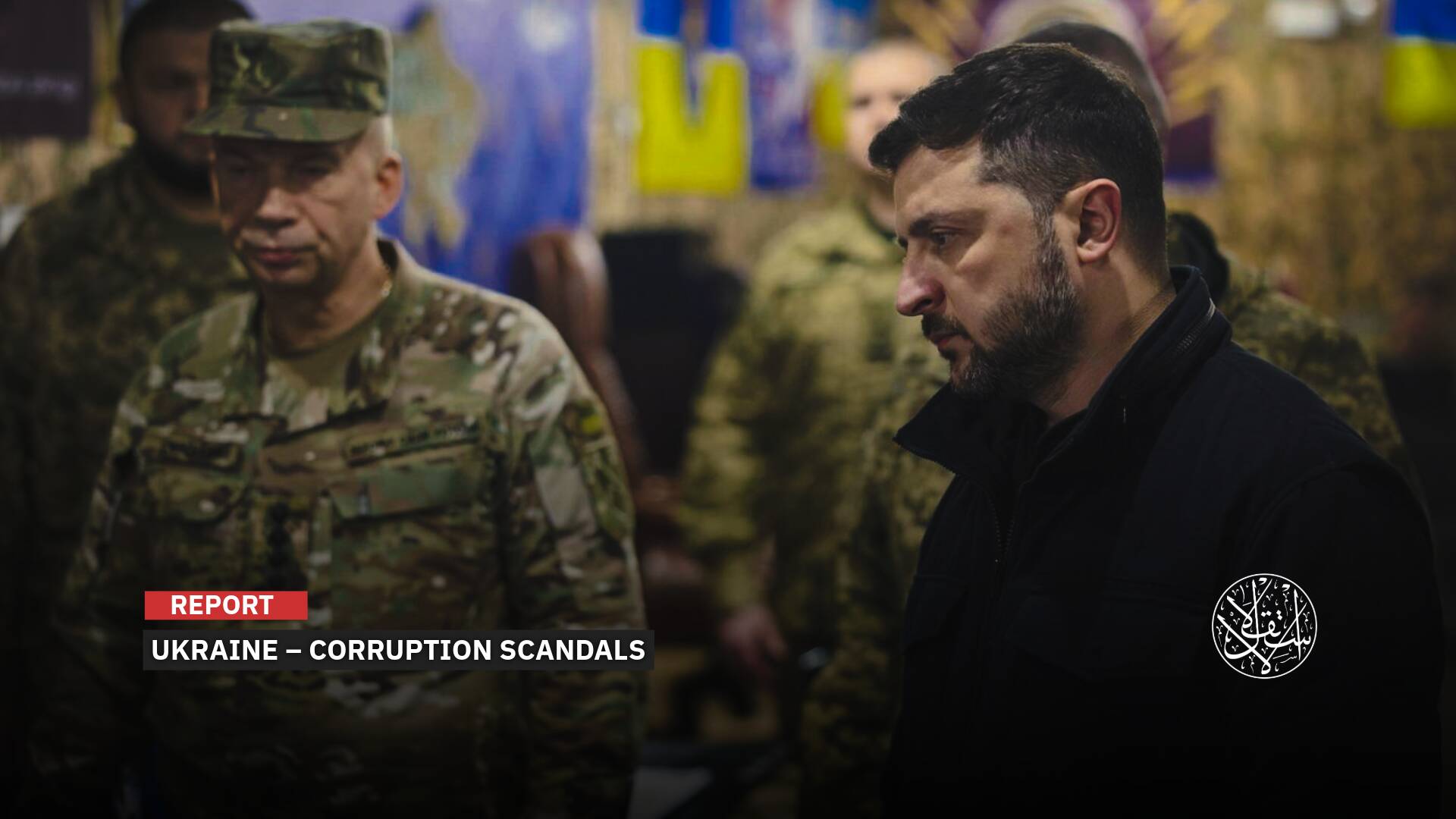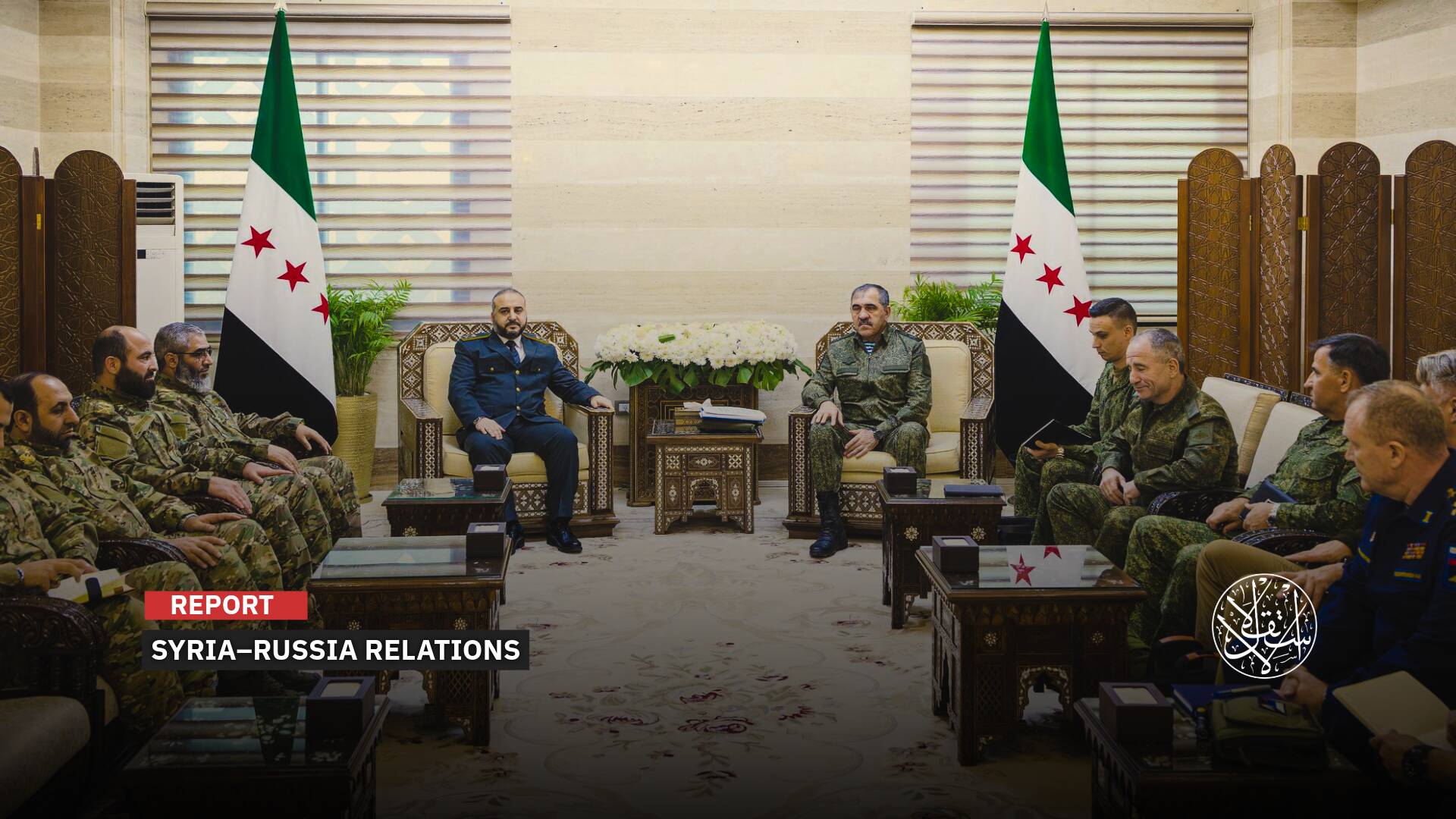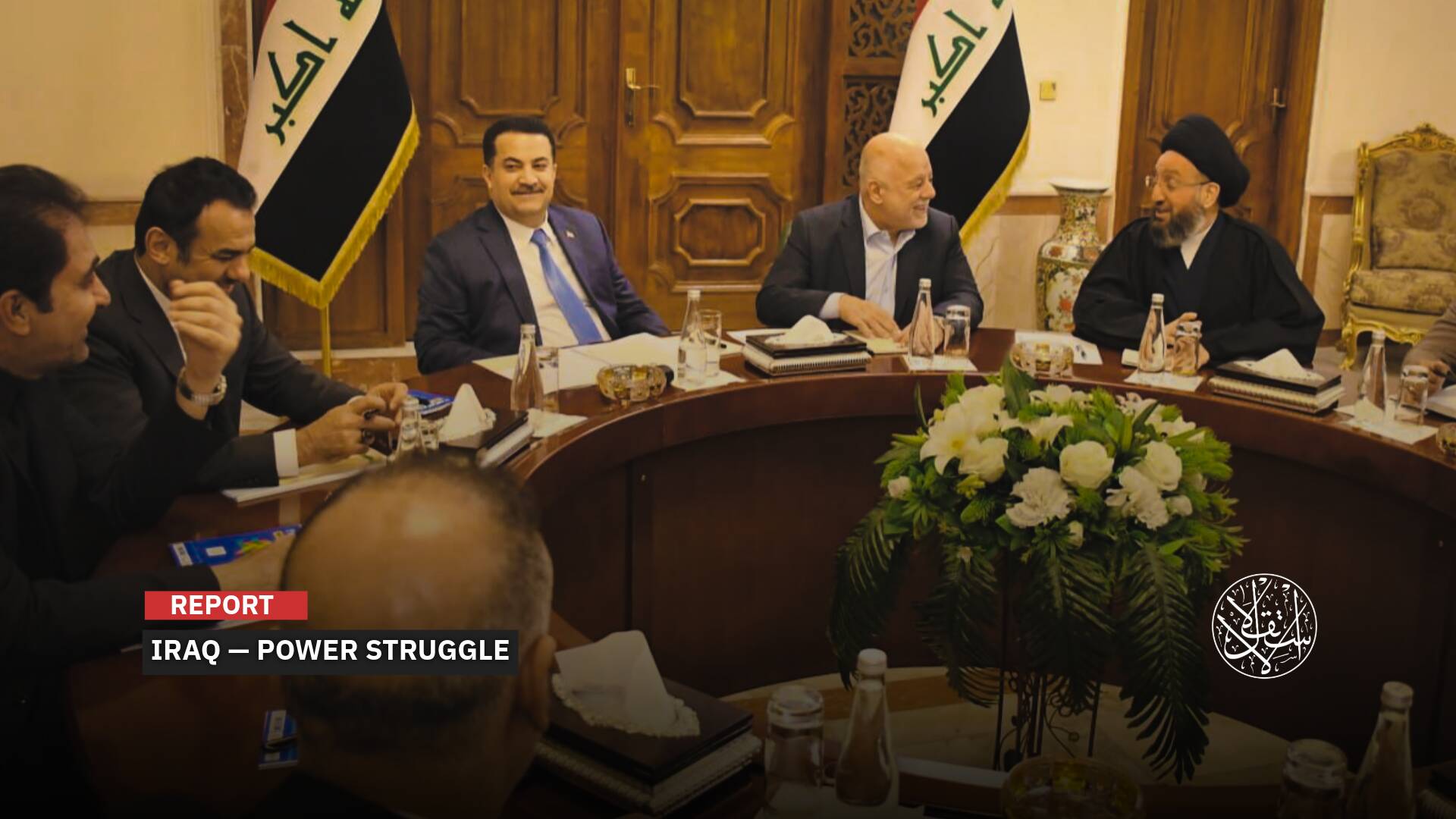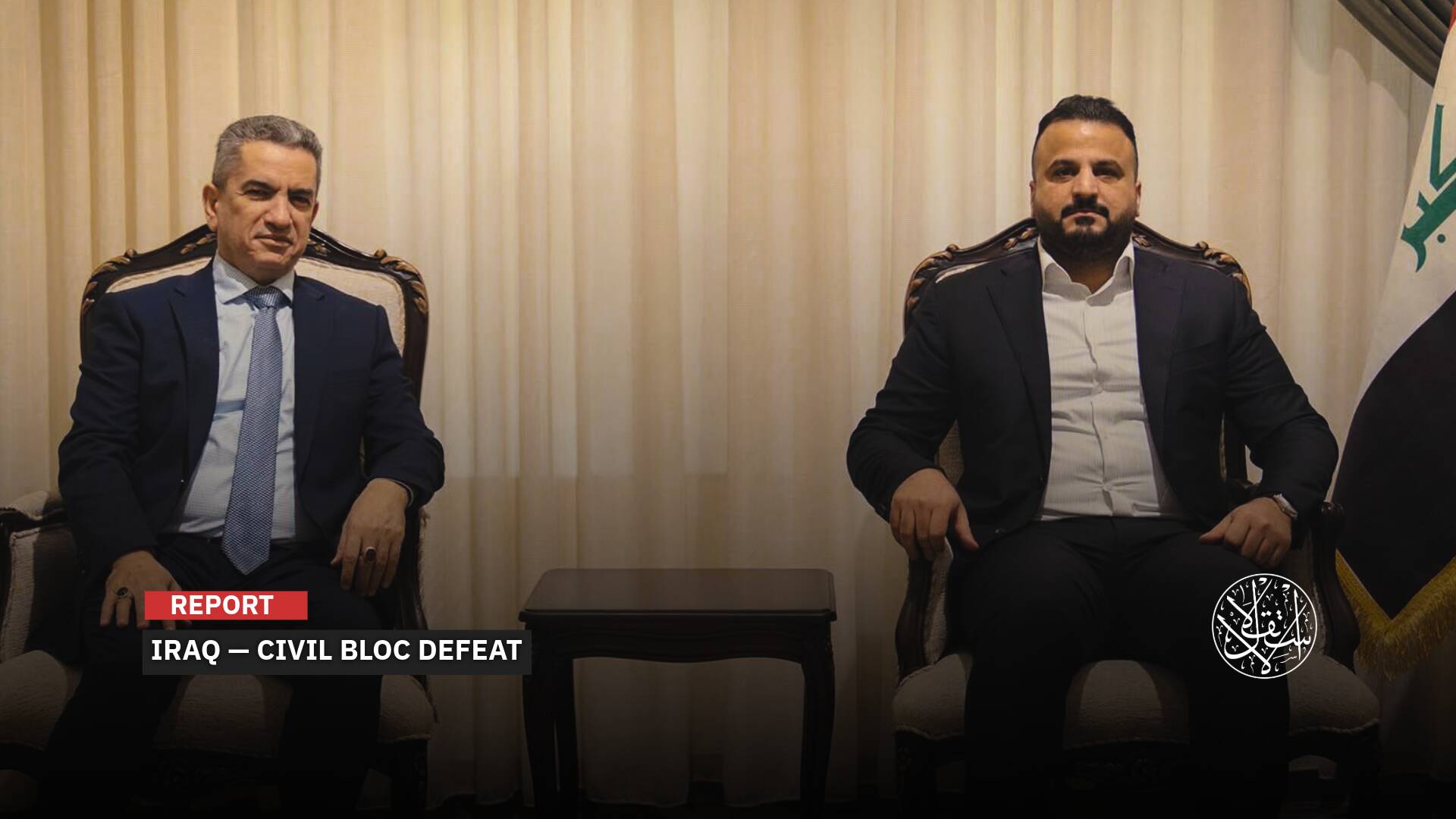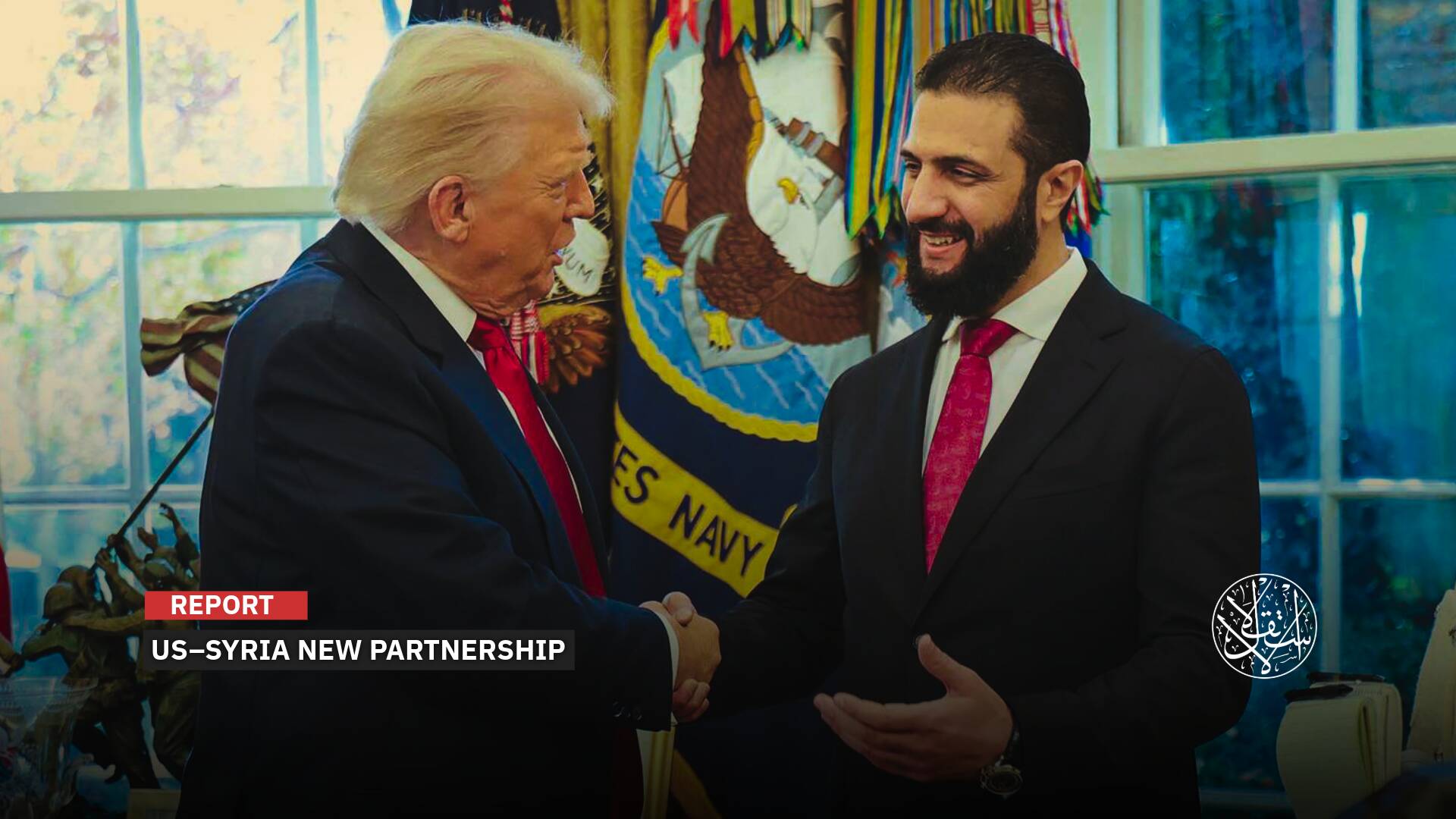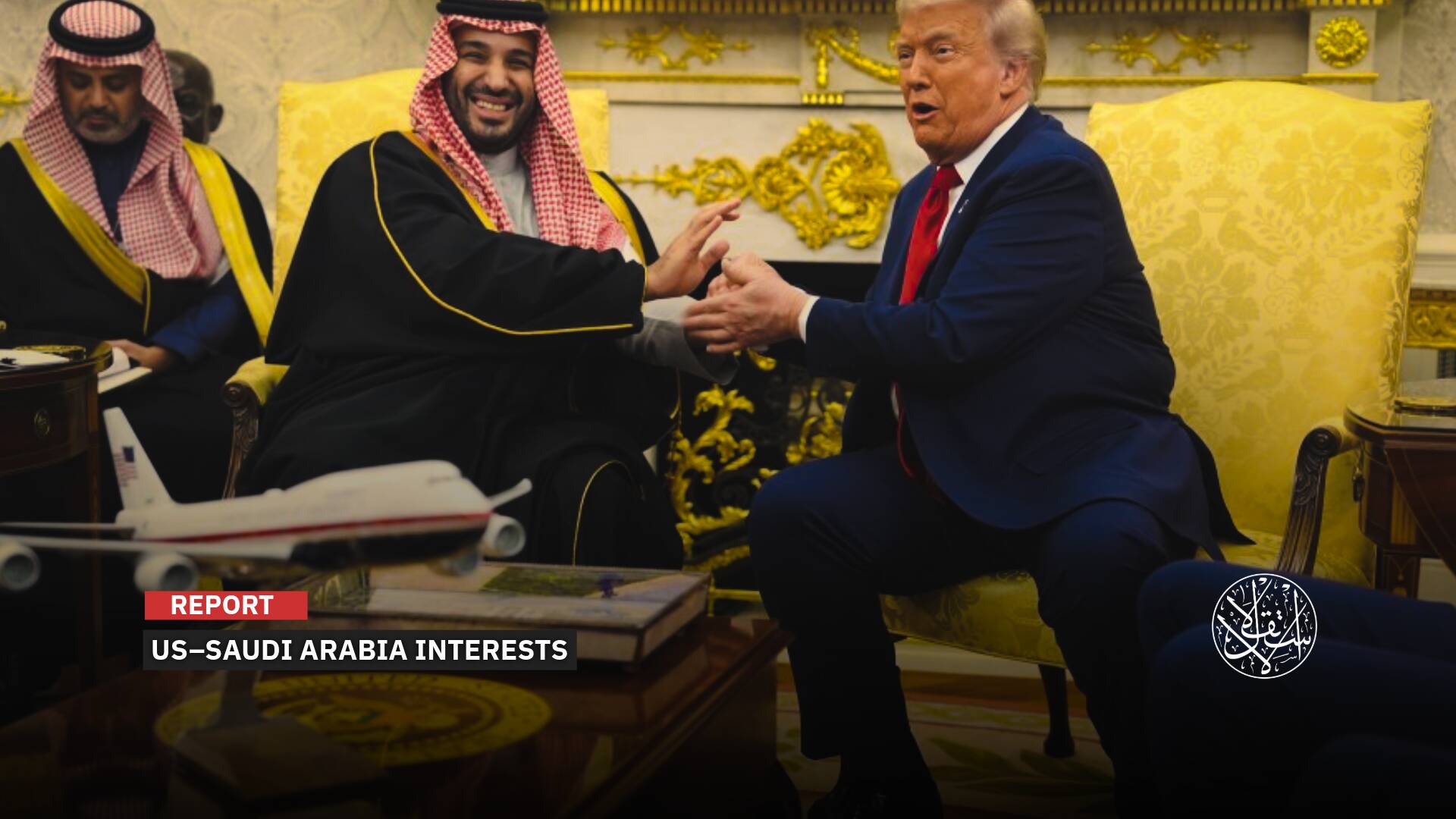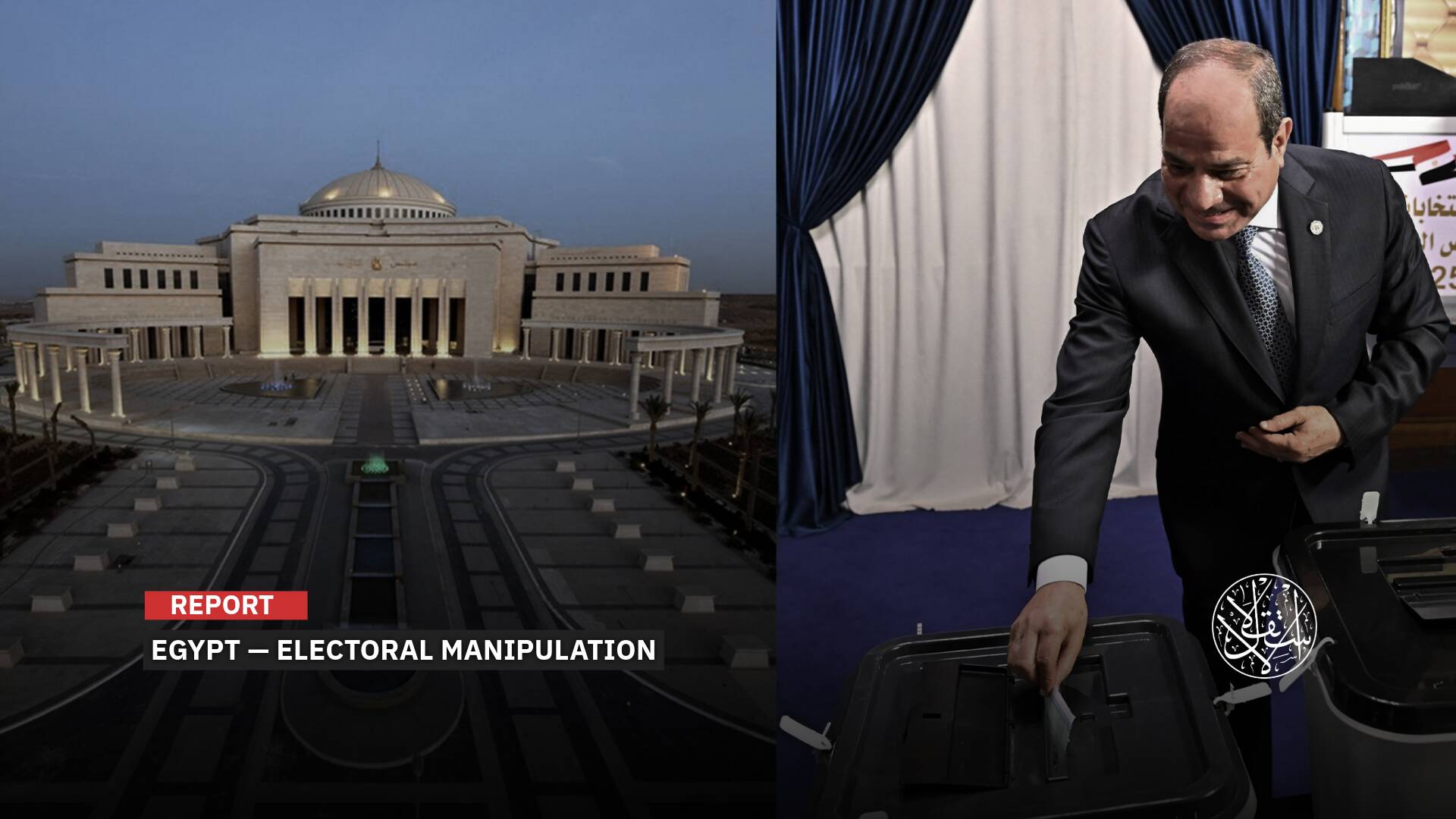After Its Withdrawal From Afghanistan and Iraq, Will U.S. Forces Withdraw From Syria?

The United States is seeking to reshape its role in the global power struggle and is therefore reviewing its foreign policy priorities.
Its interest in the Middle East began to decline at a time when the Asia-Pacific region was at the top of its foreign policy priorities.
The Turkish Center for Middle East Studies (ORSAM) says: "The US military withdrawal in Afghanistan and the agreement reached by Washington with Baghdad to withdraw its forces from Iraq can be referred to as the most prominent and tangible examples of this change in foreign policy."
However, he added: “American foreign policy in the Middle East after the Arab revolutions was negative compared to previous periods, and therefore began to lose its influence in the region.”
The White House's policies towards Libya, Yemen, and Syria, and the strategies it followed to resolve these crises, which yielded little results, have led to questioning of Washington's power and influence in the Middle East.
Regardless of whether this change was purely an option or driven by necessity, it can be said that the image of the United States in the Middle East has been significantly distorted, which prompted some regional powers, especially Russia, to exploit this situation for their own benefit.
The latter is trying to exploit the weak role of the United States in the Syrian crisis that has been going on for more than 10 years in very effective ways, while local elements and regional powers question the American presence in Syria.
It is worth noting that it is not possible to address all this in isolation from discussions about the US presence in Syria and the recent rapprochement between Moscow and Washington.
Same Scenario
The writer Hamza Hashil considers that the attempts of former US President Donald Trump to withdraw American forces from Syria did not gain momentum until after he announced the end of the war against ISIS on December 19, 2018.
Although it did not turn into tangible steps except with the withdrawal of 50 US soldiers from the Turkish border, after the Operation Peace Spring launched by Turkey in the east of the Euphrates in October 2019.
However, Democratic senators and some Republicans directed Trump severe criticism centered on the idea that it was not possible that he had completely eliminated ISIS and that the Syrian Democratic Forces "SDF" were left in the field alone.
This prompted Trump to agree to send a military mission to protect the oil fields in eastern Syria in November 2019, stressing that the mission of the soldiers is limited to protecting oil and nothing more.
Emphasizing that this is what must be done in Iraq as well, Trump described military interventions that will not provide economic benefits to the United States as a burden on his country.
And he tried to build his foreign policy towards the Middle East on pragmatic foundations that would yield tangible results in a short time.
Although Democrats harshly criticized Trump for his foreign policies in general and the Middle East in particular, there was no significant change in the White House's Syria policy after Joe Biden took office as President of the United States.
In other words, the Biden administration has pursued a policy similar to Trump's toward Syria, says the Turkish writer.
He noted that it is likely for Syria to witness a scenario similar to what the Middle East, especially Afghanistan and Iraq, is going through with a significant decline in the US military presence.
Even if American soldiers remain in Syria, the United States has already entered a phase in which its influence there is beginning to diminish.
In addition, there are many developments that enhance the possibility that the United States of America will not stay in this region for long.
Manifestations of Rapprochement
Hashil believes that the Washington administration has taken some steps to follow a common path in Syria, by sharing some of its responsibilities in Damascus with Russia.
The Biden administration rescinded Delta Crescent Energy's exemption from the ban (imposed on US energy companies to prevent them from doing business in Syria).
Since this illegal exemption was one of the issues on which Russia most criticized the Washington administration, the White House was able to find common ground with Moscow on Syria, with Biden reversing his predecessor Trump's decision.

He added: “The consensus of the UN Security Council to keep the Bab al-Hawa border crossing open for another year, especially as it is a corridor of aid sent by the United Nations to civilians in the region, and the diplomats of the two countries welcomed this step was another tangible development in the Russian-American rapprochement in Syria.”
It is worth noting that the joint decision-making mechanisms between Washington and Moscow on Syria gained special momentum after the meeting of the leaders of the two countries in Geneva on June 16, 2021.
The June 28 meeting in Rome, chaired by US Secretary of State Anthony Blinken, also raised the level of rapprochement between Washington and Moscow to even higher levels.
Brett McGurk, the coordinator for the Middle East and North Africa in the US National Security Council, met Alexander Lavrentiev, Russian President Vladimir Putin's special envoy to Syria in Geneva to move forward with matters related to Damascus, to reduce Washington's rhetoric against the regime.
Which strengthened the allegations that the United States supported the talks between the Kurds and the regime, and that it supported the talks between the Syrian Democratic Forces and the Syrian Kurdish National Council, according to the author.
Common Goal
He added: “On the other hand, it cannot be said that the US-Russian rapprochement exists in isolation from the situation east of the Euphrates.”
The convergence of Washington and Moscow on common ground on some issues is first of all in the interests of the Kurdish People's Protection Units (YPG) in the region.
It is the most powerful domestic ally of the United States and has close relations with Russia in Syria.
He explained this by saying: “This rapprochement is critical for the Kurdish units to realize their dreams of gaining "autonomy" in Syria.”
In his statement to the Russian news agency TASS on July 9, 2021, Lavrentiev stated that the reason for the American presence in Syria was to fight ISIS, and that American soldiers could withdraw from there at any time.
He said: “The complete withdrawal of the United States from Syria will enhance the dialogue between the "SDF" forces and the Damascus administration, and that a joint solution can be reached between the two parties based on that.”
The writer pointed out that Lavrentiev's statement with these words after the Rome and Geneva talks after the "Biden - Putin" summit enhances the possibility of a strong basis for them.
Here, it should be noted that the diplomatic initiatives in Syria are closely linked to the US decision to withdraw from Afghanistan and to prepare the ground for that in Iraq.
Hashil concluded his article by saying: It is not surprising that the United States has taken such an initiative in Syria, which is working to move its forces in the Middle East to Asia and the Pacific.
What is surprising, however, is that the United States prefers to leave its gains to Russia, rather than using its withdrawal to repair its shaky bilateral relations with Turkey, its ally in NATO.


